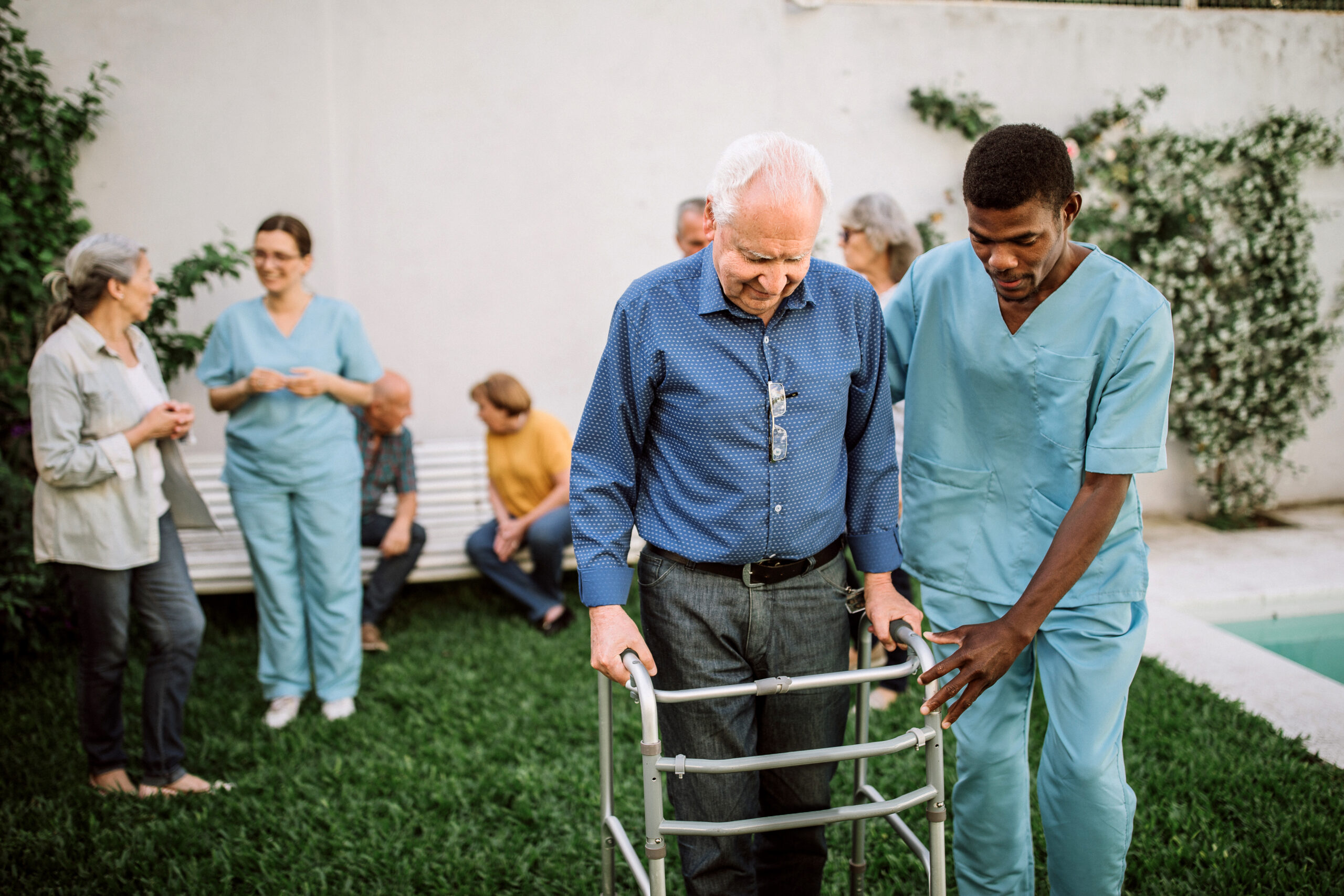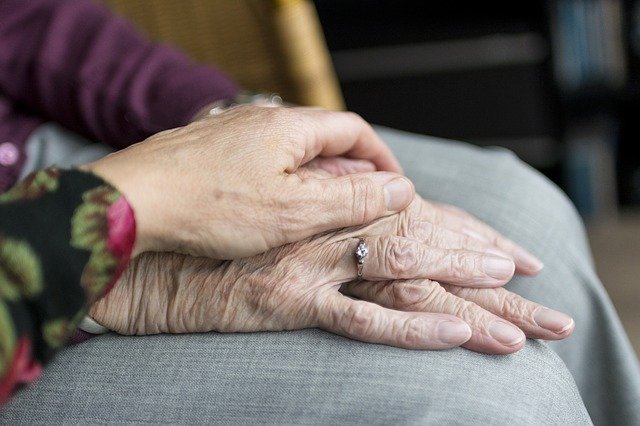
When you are in dementia care, be sure to look out for signs of respect, dignity and compassion. These are important for building relationships. People with dementia also benefit from sense stimulation. In fact, a recent study showed that people with dementia experience less pain and anxiety when they are surrounded by people who share their values. These are ways you can find the perfect caregiver for your loved ones. If you are a caregiver, consider hiring a care service.
Communication is essential for relationship-building in care services for dementia
Building relationships requires understanding. Understanding is essential to build relationships. With effective communication caregivers can overcome the barrier and create a therapeutic setting. Inclusion is a conversation with the care receiver that encourages them to maintain a sense of self and identity. In this way, caregivers can help people with dementia stay socially active and decrease their isolation.

The standards of dementia care acknowledge the importance to patient-centred care, which respects individual values and respects human right. Physiotherapists are able to advocate for the rights of patients by encouraging autonomy and choice. It is important to communicate in order to build relationships. In a person-centred setting, partnerships are essential for relationship-building and preventing stigmatisation. These partnerships are vital for ensuring that dementia patients receive the appropriate care.
Look for signs that demonstrate respect, dignity, compassion
Caring to a loved one suffering from dementia can be difficult. As a caregiver, you may be tempted to overprotect your loved one, which can lead to insensitivity. Intentionful caregiving can preserve dignity and respect. Below are three things to look for in care services. These traits are essential for a caregiver to be able to care for a loved one with dementia.
Sensitivity stimulation is a great way to help people with dementia
Although our senses are taken for granted, people with dementia may experience loss. Our whole brain is affected by dementia, which can affect our senses of sight and sound as well as touch. Our senses will also decline as our memory and thinking decrease. We can improve the quality of our patients' lives by engaging them in activities that activate their senses. These are some suggestions for sensory stimulation.

One sensory activity that can improve the quality of life for people with dementia is aromatherapy. Aromatherapy, which is based on the senses, can bring back many memories. The oil can be added to bathwater or given to the user to scent. Another sensory activity is to offer a favorite smell or meal. Aromatherapy, for example can bring back fond memories from many years ago. One loved one may remember the smell of a holiday. A patient with dementia might remember the aroma of their favorite food.